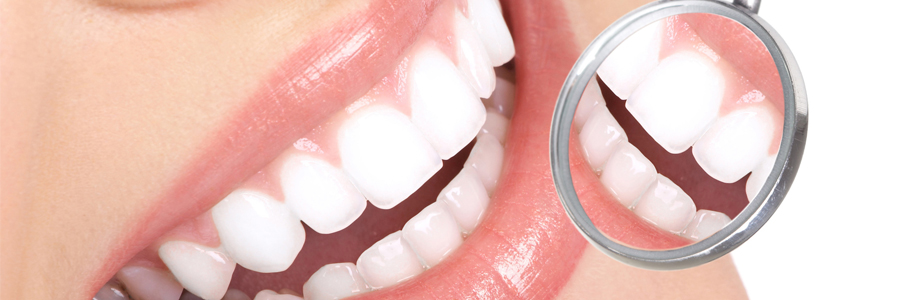Gingivitis is the inflammation of the gums (gingiva). It commonly occurs as a result of films of bacteria that accumulate on the teeth – this is known as plaque. Gingivitis initially is a non-destructive type of periodontal disease, however if left untreated, gingivitis can progress to periodontitis, which is much more serious and can lead to tooth loss.
The symptoms of gingivitis will be displayed as red and puffy gums, the gums may be bleeding especially when the individual brushes their teeth. In order to stop gingivitis occurring good oral hygiene is important such as longer and more frequent brushing, as well as flossing and the use of a mouthwash.
The signs and symptoms of gingivitis?
In more mild cases of gingivitis you may not expereince discomfort or noticeable symptoms.
The signs and symptoms of gingivitis may include:
- Your gums are bright red or purple and inflamed
- Your gums feel tender, and sometimes painful to the touch
- Your gums can bleed easily when brushing teeth or flossing
- You may suffer from bad breath (Halitosis)
- You may notice you gums receding
What are the causes of gingivitis?
The cause of gingivitis is the accumulation of bacterial plaque and tartar between and around the teeth. The build up has the result of triggering an immune response, this response will eventually lead to the destruction of gingival tissue, and over time potentially the loss of teeth.
When the plaque is not removed adequately, it causes an accumulation of calculus (tartar – a yellow color) at the base of the teeth, near the gums. Calculus is harder to remove, and can only be removed professionally.
What is the treatment for gingivitis?
If gingivitis is diagnosed early enough it can be easily treated by removing the plaque and tartar. This is known as scaling. Some patients may find scaling uncomfortable, especially if tartar build-up is extensive, or the gums are very sensitive.
One the scaling has been done it is important that you undertand properly how to brush your teeth. Your dentist may have to fix some dental problems, such as crooked teeth, badly fitted crowns or bridges to be able to properly remove the plaque and ensure you can clean your teeth more easily. The steps you can take to ensure you help keep the plaque to a minimum are to brush your teeth at least twice a day, it is important to bear in mind that electric toothbrushes do a better job than manual brushing can achieve. You should also be flossing your teeth at least once a day and regularly rinse your mouth with a mouthwash.
What are the complications from untreated gingivitis?
In the vast majority of cases, if gingivitis is treated and you keep up a regular oral hygiene regime there should be no complications. However, if the condition is left untreated, gum disease can spread and affect tissue, teeth and bones, leading to periodontitis.
Possible complications from gingivitis may include:
- Abscess in the gingiva
- Abscess in the jaw bones
- Infection in the jaw bone or gingiva
- Periodontitis – this is a more serious condition that can lead to loss of teeth
- Recurrent gingivitis
- Trench mouth – ulceration of the gums caused by bacterial infection
It is important that you brush regularly and floss daily to reduce the chance of developing gingivitis, if you do develop any of the symptoms we sited contact your dentist immediately as the sooner you start to combat it the better.


